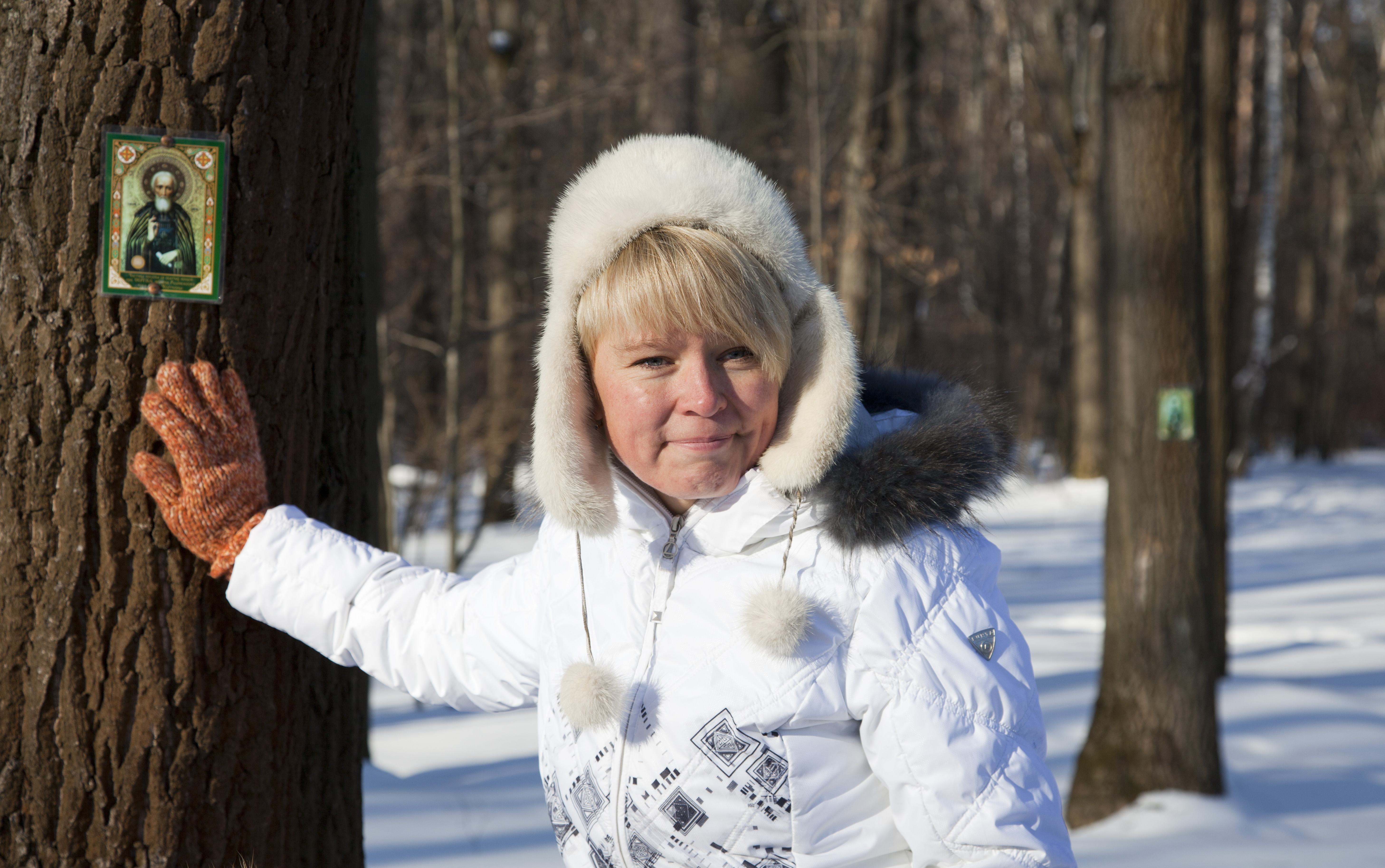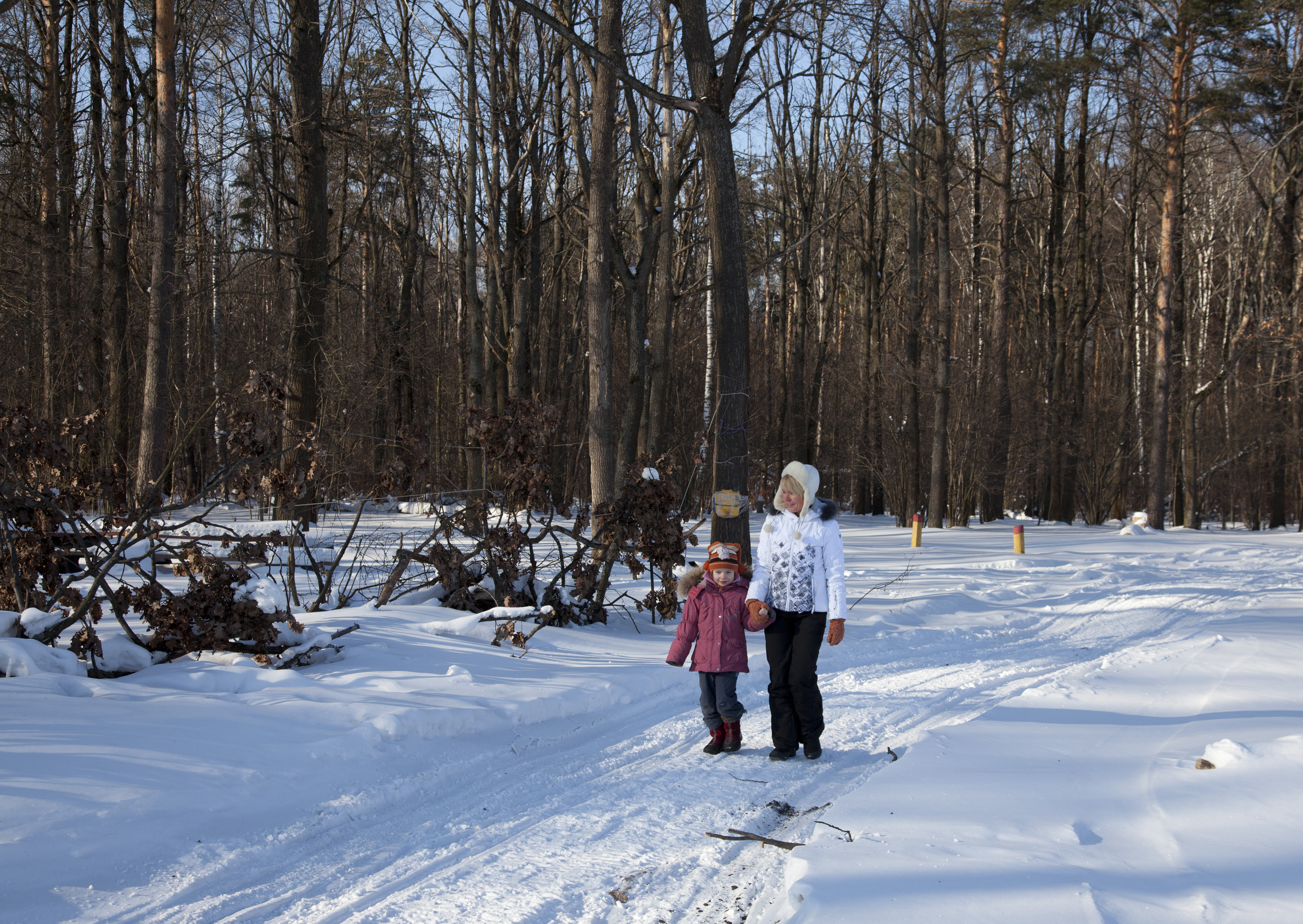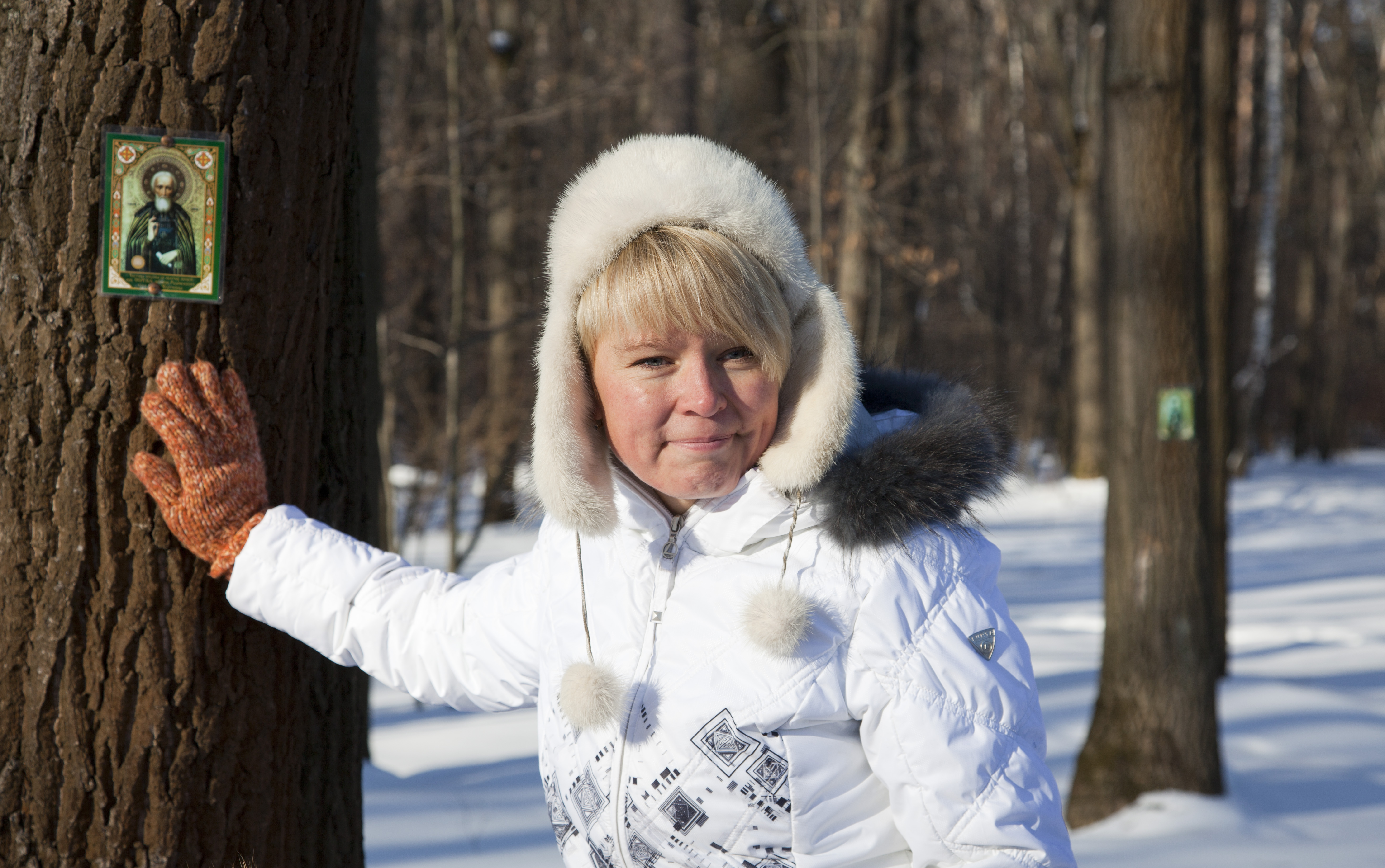
Evgenia Chirikova. (Photo by Goldman Environmental Prize.)
In just a few short years, Evgenia Chirikova, 35, has transformed from a middle-class engineer raising her young family in a Moscow suburb into a nationally and now internationally recognized environmental crusader. On Monday, she was honored as one of six recipients of the Goldman Environmental Prize, the world’s most prestigious award for grassroots environmental activists.
It all started in 2007, when Chirikova and her daughter went for a walk in Khimki Forest — 2,500 acres of federally protected parkland known as the “green lungs of Moscow,” one of the last old-growth forests in the region, and one of the main reasons Chirikova and her husband had moved their family to a suburb north of the city. They noticed trees marked with a red X for removal — and then found out about the government’s plan to build a road from Moscow to St. Petersburg (reported here on Grist in 2010) that would tear right through the middle of this environmentally and culturally important haven.
Not only was the plan unnecessary — the government could have considered alternate, non-forest-destroying routes — but it was also illegal: Russian law doesn’t allow parks to be converted for roads or industry. And the scheme stank of corruption: The contract for the road eventually went to Vinci, a French company with business ties to the Russian government. In 2009, Russian Prime Minister Vladimir Putin issued a special executive order approving the project in spite of the law.

Chirikova and one of her daughters walk in Khimki Forest. (Photo by Goldman Environmental Prize.)
Chirikova started writing letters and then organizing protests, uniting and giving voice to growing public opposition to the project. Defend Khimki Forest, the group she quit her engineering job to form, attracted 5,000 people to its first protest — one of the largest environmental demonstrations in Russia’s history.
This is no suburban activism lite: Their work puts Chirikova and other protesters in real danger. In 2008, an outspoken journalist allied with the activists was brutally attacked by still at-large thugs, who left him permanently paralyzed, brain damaged, and missing a leg and four fingers. Activists protesting similar forest-clearing developments in other parts of Russia have been murdered. Demonstrations frequently veer toward violence, as Erik Hoffner wrote for Grist in 2010:
Probably hired by the logging company’s owner … thugs trashed the activists’ gear and threatened to kill them. When the police were called, the cops turned up late, tarried just long enough to see that the masked men were not currently attacking anyone, and tried to leave. At this point, Chirikova laid down under their wheels so they could not leave, thereby protecting her friends. And who went to jail that day? You guessed it, Chirikova and company.
Russian President Dmitry Medvedev called a halt to construction at one point, but lifted it six months later. The activists did succeed in getting the European Bank for Reconstruction and Development and the European Investment Bank to pull their support for the project. More symbolically, Chirikova has come to represent a growing popular movement toward social and political change in Russia, which boiled over in the form of mass demonstrations last winter. Writes The Washington Post:
By [last summer] she was seeing her struggle as part of a larger battle to make Russian government representative, its courts law-abiding and its people conscientious and active citizens. In December she was cheered by many thousands protesting unfair elections in Moscow.
She has become a champion for besieged environmentalists all over Russia, finding them lawyers, publicizing their battles, flying hundreds of miles to rally behind them.
The Goldman prize comes with a $150,000 award. Chirikova’s fellow recipients include a woman who stood up to Monsanto in Argentina, a Kenyan woman fighting dam construction, a man who mapped polluting factories in China, a Catholic priest organizing against a mine in the Philippines, and an Alaska native fighting offshore oil and gas drilling.
Watch a video about Chirikova:



